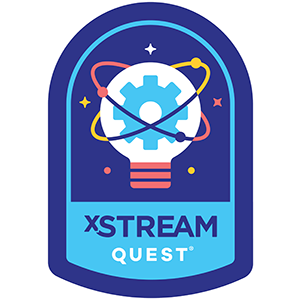Preschool is a crucial stage in a child's development, laying the foundation for their social, emotional, and cognitive skills. While it may be tempting for adults to intervene and solve every issue children encounter, there are significant benefits to allowing preschoolers the opportunity to work out their problems independently. This approach fosters crucial life skills, enhances emotional intelligence, and empowers children to navigate the complexities of social interactions. When adults shelter children from negative emotions, children are robbed of the opportunity to learn how to navigate conflicts, identify their feelings, and express them appropriately.

One of the primary advantages of letting preschoolers work out their problems is the development of essential social skills. When children are given the chance to resolve conflicts on their own, they learn valuable lessons in communication, compromise, and cooperation. These skills benefit their immediate relationships and form the basis for healthy interactions throughout their lives. Preschoolers build the foundation for positive and respectful communication by navigating conflicts independently.
Working through problems provides preschoolers with the opportunity to understand and manage their emotions. This process helps develop emotional intelligence, enabling them to empathize with others and understand differing perspectives, all of which are important life skills as they get older. By experiencing a range of emotions in problem-solving situations, preschoolers cultivate the skills necessary for emotional regulation and empathy, essential components of healthy social development.
Allowing preschoolers to work out their problems promotes independence and critical thinking skills. When children are encouraged to find solutions on their own, they develop problem-solving abilities and learn to think critically about various situations. This empowerment contributes to their sense of autonomy and self-confidence, setting the stage for future academic and personal success. Preschoolers who learn to think independently are better equipped to face challenges and make informed decisions throughout their lives.
Conflict is an inevitable part of life, and learning how to resolve it is a vital skill. Allowing preschoolers to work out their problems teaches them effective conflict-resolution strategies. Whether it's sharing toys, negotiating playtime, or resolving disagreements with peers, these early experiences help children develop practical conflict-resolution skills. As they grow, these skills become increasingly sophisticated, preparing them for more complex interpersonal challenges in later stages of life.
Of course, there are times when adult intervention is necessary. This is especially true when it gets physical. Coming to “blows” is not good conflict resolution. When an adult sees a child’s interactions coming to the conflict stage, they should position themselves in proximity to intervene to prevent physical harm or bullying. Conflict does not automatically mean a child is a bully. Bullying is when aggression is exerted over another person in an effort to gain power or control. Most children just need to learn how to navigate their emotions. Helping children identify what they are feeling and how to express what they are feeling to others is key in conflict resolution.
Giving preschoolers the autonomy to navigate and resolve conflicts strengthens their peer relationships. When children work through problems independently, they develop a sense of trust and cooperation with their peers. These positive interactions contribute to the formation of strong, supportive friendships. As children learn to understand and respect each other's boundaries, they create a foundation for healthy social connections that extend beyond the preschool years.
In conclusion, allowing preschoolers to work out their problems independently offers a myriad of benefits that extend far beyond early childhood. By fostering social skills, emotional intelligence, independence, critical thinking, conflict resolution abilities, and positive peer relationships, this approach equips children with essential tools for navigating the complexities of life. As parents and educators, providing guidance and support while allowing preschoolers the space to navigate their own social interactions can lead to well-rounded, confident individuals who are prepared to face the challenges of the future.



